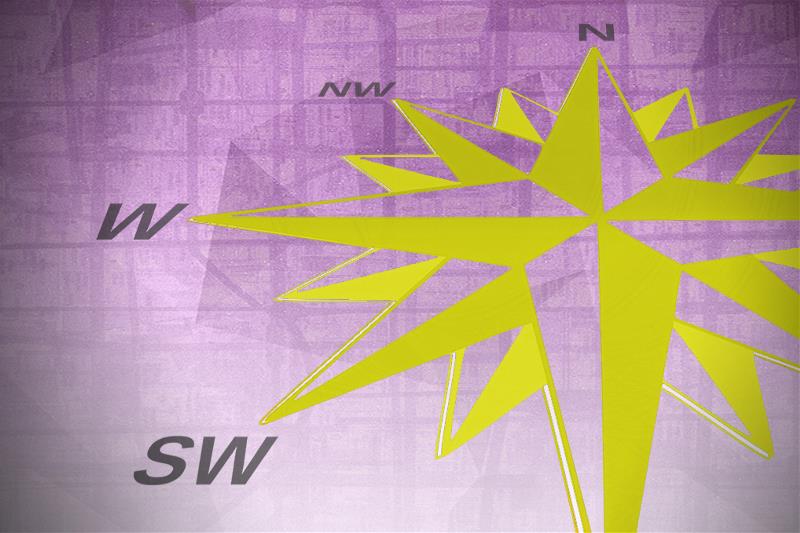From Maps to Metaphors (Part 3)


From Chess to Soccer
What both earlier metaphors point to is the adaptive nature of governance problems. Dealing with this involves not just the chess player’s ability to analyse and break down a problem into discrete component parts, but also a soccer-star’s skill at synthesising ideas, information and instincts across an entire system. Constant adaptation and agility are also important, since governance will involve the ability to adjust deftly to changes in a fluid operating environment.
Much of this will rely on a constructive attitude to meaningful failure (of the sort that comes after genuine effort in an iterative process; as opposed to failure arising from complacency or carelessness), and space for both the governed and the governing to engage in experimentation and evolutionary learning.
Singapore’s current efforts to tackle cyber-security challenges, become a Smart Nation and reap both the economic and social benefits of cutting-edge technology like advanced manufacturing, robotics and big data, are important examples of such adaptive issues, which will call for new metaphors and modes of thinking.

From Leviathan to Platform
Fundamentally, we need better metaphors for what government is and does. Perhaps the most famous metaphors for governance are Thomas Hobbes’ Leviathan, the large and powerful entity that maintains order through what Max Weber later called the “monopoly on the legitimate use of force”; as well as the economic metaphors of government as either provider of public goods or regulator of economic actors in the public interest.
Both sets of metaphors assume that most salient actions are undertaken by public sector agencies. While maintaining order, provision and regulation are undeniably important roles, the increasing scope and complexity of governance tasks, coupled with the enabling effects of disintermediating technology, suggest that governments can do more as facilitative platforms, as suggested by both media commentator Tim O’ Reilly and Princeton professor Anne-Marie Slaughter.
Governance as platform means enabling the like of businesses and civil society groups to perform some acts of governance, rather than having governments play all such roles themselves. Outsourcing is just the most familiar form of such facilitation; co-designing policies with citizens, public-private partnerships and the British government’s experiments with “Citizen Juries” under Prime Minister Tony Blair to deliberate on contentious policy issues, are others.
To act as effective and meaningful platforms, governments will need more multi-faceted definitions of power – including the ability to convene, engage and persuade, not just coerce or instruct. Such power will also need to be shared, not monopolised in the Weberian sense, which in turn will require an educated citizenry capable of exercising such power judiciously. Our Singapore Conversation, which ran from 2011 to 2012, was one example of government acting as a convenor, platform and facilitator for citizen voices to be heard.

Metaphors as Masks
Metaphors matter, but they are not everything. They clarify, but can also obfuscate. Magnifying attention on certain aspects, by definition, de-emphasises other dimensions.
For instance, focusing too much on anticipation can make us forget that in some cases – demographic or econometric projections, for instance – discerning prediction has heuristic uses, especially if we keep our eyes open to its potential pitfalls. Our governance milieu is indeed an ecosystem, but there are instances where the clarity, stability and predictability of fortress-like structures can be beneficial. Focusing on agility and adaptation need not mean that we jettison analytical approaches entirely – they just cannot be the only parts of our toolkit. And governments acting as platforms will still have duties to maintain public order, provide public goods and regulate.
The world of the future will bring with it challenges of more information, complexity and heavier demands for those who govern. Multiple and mutually complementary metaphors, each playing up different priorities and areas of focus, will be important to ensure that we draw on a commensurately broad range of approaches in response.
- POSTED ON
Aug 17, 2016
- TEXT BY
Aaron Maniam









